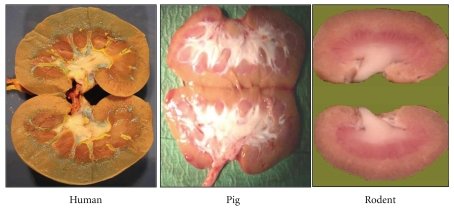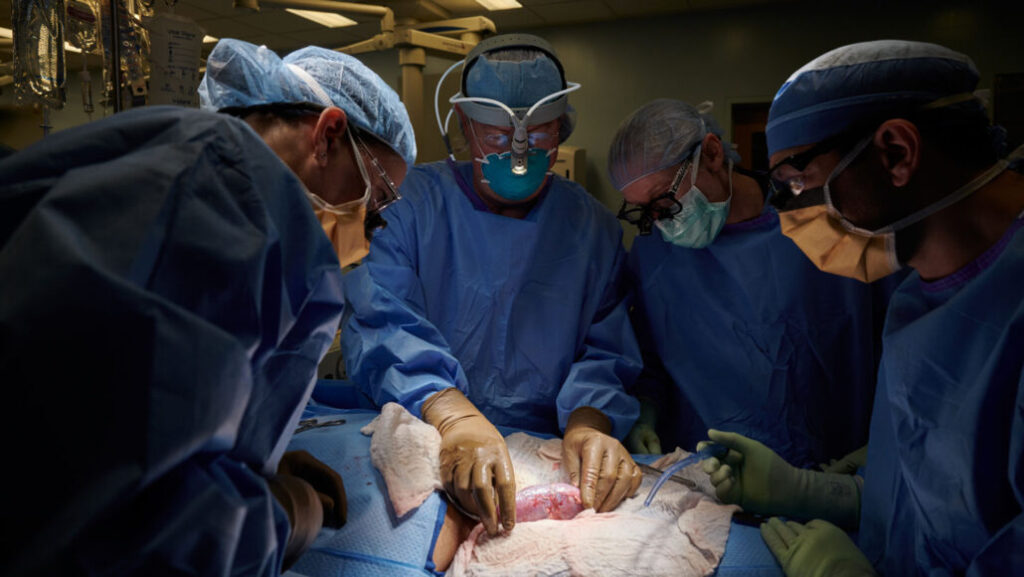For the first time, researchers have been able to grow a human organ inside another species. Using a new technique, scientists implanted human cells into pig embryos.
Specifically, they used genetic engineering to remove the kidney gene from inside these pig embryos. Then, they used human stem cells, pluripotent stem cells (which can develop in most cell types), and injected it into the pig embryos. After letting the embryo develop with the right setting and nutrients, it was implanted into a pig after a week. After 28 days, the kidney had reached “the middle stage of development,” said study author Miguel Esteban. Although this is not a fully formed, mature kidney, it is the first of its kind to develop thus far. The scientists feel hopeful that a completely mature kidney is in the near future.

Impact
This study was also groundbreaking in the fact that about 60-70% of the kidney’s cells were human cells. In past studies with human-pig muscle cells, the majority of the tissue was made of the embryonic animal cells.
According to Esteban, “ultimately, producing mature kidneys [with] all cells being human would require further genetic manipulation of the host pig embryo, but it can be done.”
The end goal for much of this research is to eventually develop human organs inside other species so that patients with end stage organ failure can get a transplant. One of the major concerns with organ transplantation is immune system rejection. The patient’s own immune system can reject an organ if it does not have a match. The fact that a large percentage of these pig-human kidneys are made of human cells––and scientists hope the number will increase––means that the patient can have an organ made from mainly their own cells. Past studies have only created tissues inside of pig embryos. They have not had the opportunity to develop entire organs which consist of different types of cells.
Questions
Of course, with genetic engineering and using animals as parts of these experiments raises ethical concerns about the future of this sort of technology. For example, adding human cells into a pig embryo could have unexpected changes in the animal. The scientists of this study are trying to limit the number of human cells that have joined a part of the pig’s brain cells in their future studies.
According to Science News, another study author Liangxue Lai says “that moving forward, the team will knock out genes that orchestrate the stem cells’ differentiation into neurons — as well as into germline cells, eggs and sperm, which pass genetic information on to offspring.”

Along with this, there are some dangers that come with using stem cells. Namely, unregulated cell division leads to cancer. This is also a major issue that needs to be regulated before any thoughts of implanting this type of organ into a human patient can be considered. Esteban believes that an end stage kidney that fits these constraints will be ready in this decade.
Although this is only one step of a long, obstacle-filled marathon to organ implantation, it is a solid walk in the right direction. With more than a hundred thousand people on the organ transplant list in the United States alone, there is a clear and present concern that such a discovery would alleviate.

